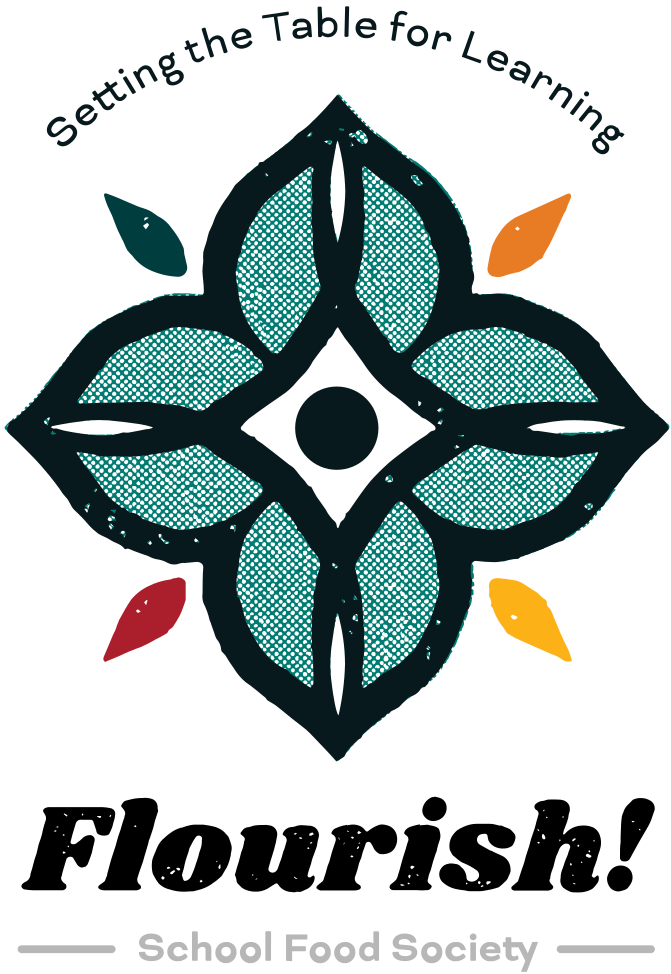Food aggregation and distribution
Schools have diverse food needs.
We provide groceries to match where a school is at now and to support a slow integration of nourishing food as part of school culture. Our goal is to provide food that can enhance connection and care at school.
We work with local and provincial partners to source as many local and BC products as possible, always with the goal of keeping prices competitive. We also vet our offerings with our dietician friends to ensure we're maximizing nourishment.
Our grocery offerings are currently delivered to 30 participating schools every week. Our offerings include breakfast staples like bread, spreads, cereal, milk and fruit as well as commonly needed snack items like granola bars, cheese sticks, crackers, yogurt cups and more.
We're working to support a cultural transition from grab-and-go to connect-and-enjoy in school meal programs. And we recognize that school staff do not currently have adequate capacity or space to fully enable this kind of shift. We're fiercely proud of the schools we work with and the magic they support despite significant structural challenges in our education and food systems.
Supporting families
We work with school partners to host free Family Food Markets at the end of the school day and during winter, spring and summer breaks. Currently these markets happen regularly at three schools (and several more during breaks).
We also support a hamper program, providing groceries that are distributed by Family Advocates who work out of participating high schools (food is brought to students homes as part of the supports offered by Family Advocates).
Our kitchen is also piloting a frozen meal program, distributing 400 servings of scratch cooked frozen meals to families through partner schools each week.



